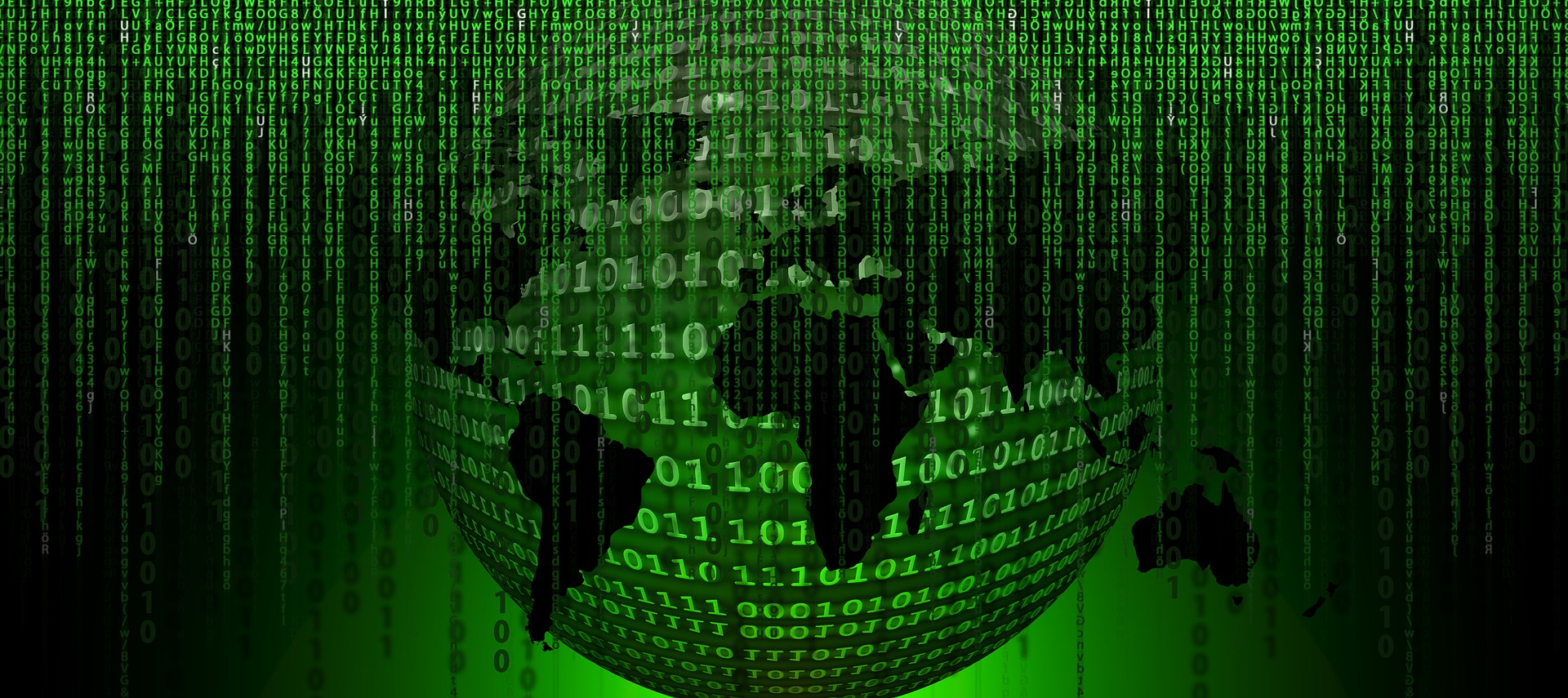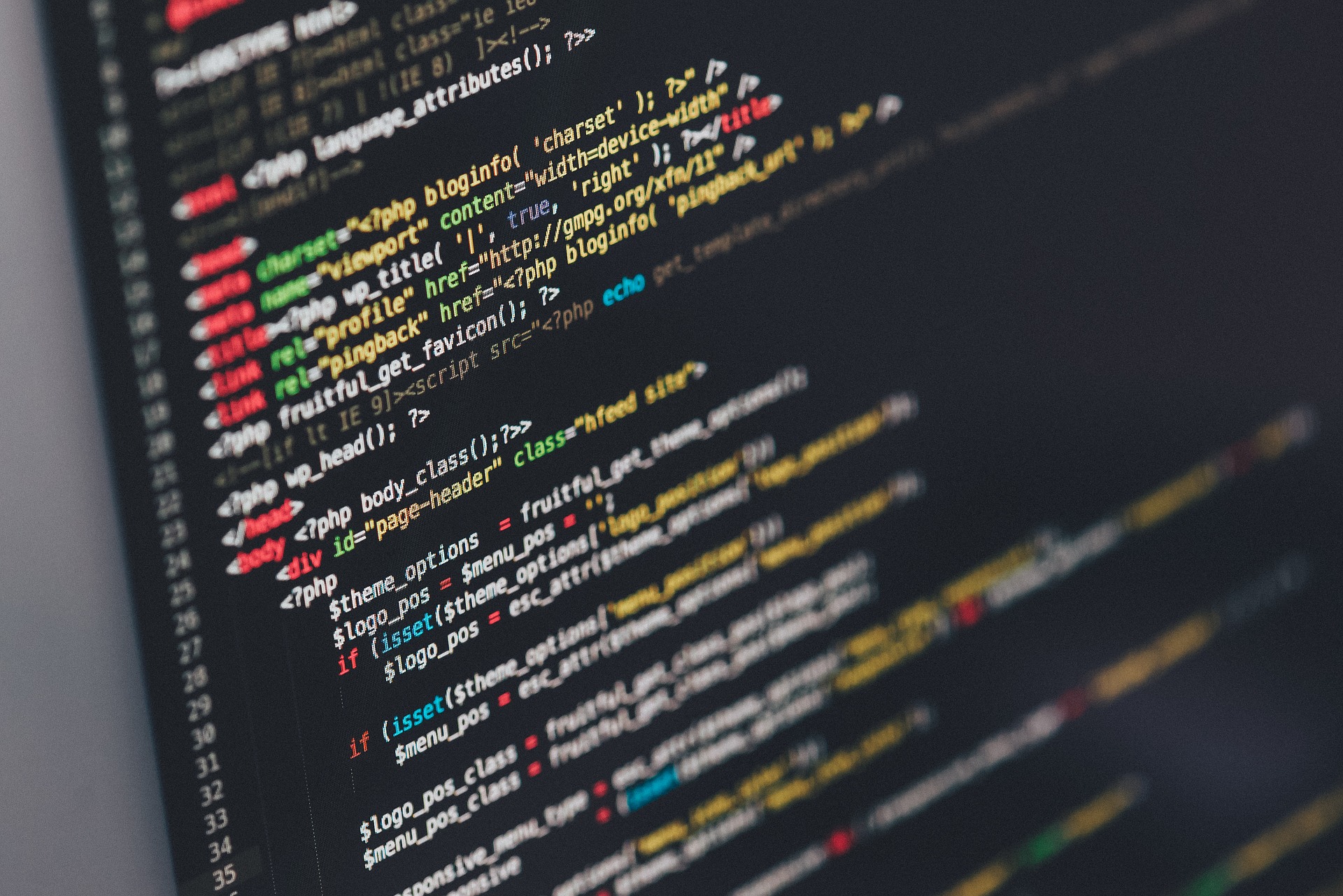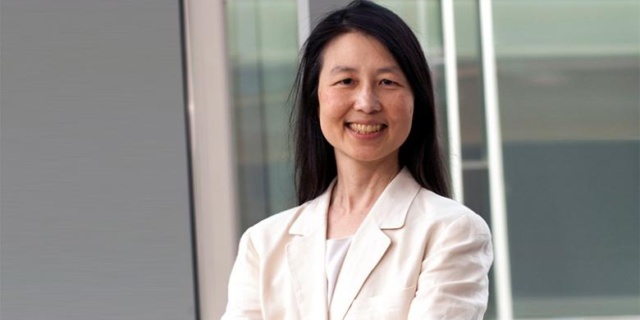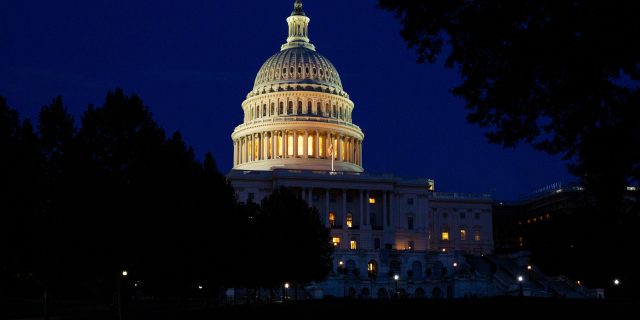Advances in data science cut across each of our six research themes: neuroscience, climate response, precision medicine, next generation nanoscience, and fundamental science. Success in each of these areas depends on our ability to effectively harness Big Data in creative new ways.

Data Science Institute
The Data Science Institute at Columbia is training the next generation of data scientists and developing innovative technology to serve society. With nearly 200 affiliated faculty working in a wide range of disciplines, including statistics, earth and environmental sciences, psychology, and physics within the Arts & Sciences, the Data Science Institute is fostering collaboration and advancing techniques to gather and interpret data, and to address the urgent problems facing society.

Probability & Society
Understanding and controlling randomness is a unifying goal that connects faculty across Columbia and is crucial to solving global challenges. It provides a framework for studying complex systems such as those in climate, politics, earth science, neuroscience, transportation, economics, and bioinformatics. Columbia is taking the innovative step to create a first-of-its-kind initiative that will bring together faculty, students, and the broader community to work on and understand probability and its application to improving research and society.
-
The scientists are affiliated with the Data Science Institute and will develop static analysis methods that will enhance the usability and accuracy of probabilistic programming.
-
The researchers received a $2.06M PERFORM grant from the U.S. Department of Energy’s Advanced Research Projects Agency-Energy.
-
Research by Talley found that rather than transcending political divides, constitutional arguments in the U.S. Congress tend to magnify the divides between Republicans and Democrats.







